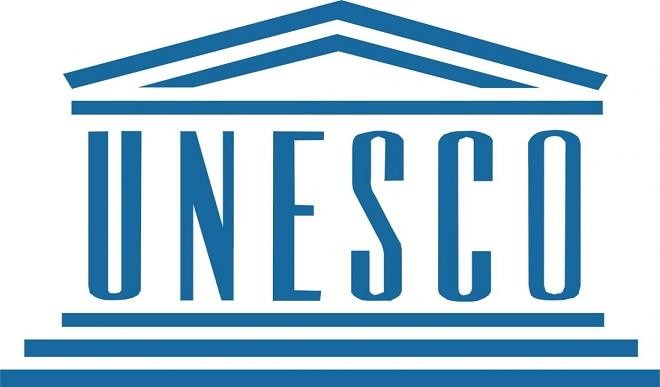Time to prioritise education
Education, which is the bedrock of a nation’s growth and development seem to be a non-serious issue to successive governments of Nigeria. At a time when the country boosted of surplus revenue from crude oil and presidents with degrees and PhDs, education still didn’t enjoy the 26% of a nation’s budget as prescribed by the […]


Education, which is the bedrock of a nation’s growth and development seem to be a non-serious issue to successive governments of Nigeria. At a time when the country boosted of surplus revenue from crude oil and presidents with degrees and PhDs, education still didn’t enjoy the 26% of a nation’s budget as prescribed by the United Nations Educational, Scientific and Cultural Organization (UNESCO).
The proliferation and popularity of private primary and secondary schools all over the country shows how Nigerians have lost confidence in public schools. The rate at which Nigerians send their wards to African countries such as Ghana, Sudan, Uganda, Egypt, South Africa, and even Benin Republic in search of qualitative education points to how decayed education has become in Nigeria. Even the higher institutions of learning that seem to be of more importance to the government are still struggling with out-dated syllabuses that only groom ill-prepared and unseasoned graduates: graduates that are unprepared for the challenges of a fast changing world. Inadequate government funding leaves those institutions struggling with dilapidated structures, poor research capacity, poor motivated staff that lack expertise to conduct world class researches, epileptic power supply, industrial strikes, sub-standard and in some cases, absence of teaching facilities.
No wonder the 2017 Times Higher Education World Ranking of University facilities in which no Nigerian university was ranked in the top 500 placed the best Nigerian university 200 and 401 place lower than Makerere University Uganda and University of Cape Town South Africa respectively. It wasn’t surprising that Nobel laureate Malala Yousafzai in her recent visit to Nigeria advised Government to focus on improving its educational system and to declare a “state of emergency on education”.
The importance of education to a nation cannot be over emphasised. It’s very evident that a knowledge based economy is the backbone of development and growth. Everyone is aware that great economies are built on the bedrock of a qualitative educational system. Education is undoubtedly the gateway to the world of possibilities and the opener to the path of achieving greatness and prosperity. Even the country’s pressing need for infrastructural development of roads, airports, and railways cannot be of more importance than the development of a formidable educational system. It’s pertinent to clarify that good infrastructures are a product of quality education and a mastery of technical skills.
Undoubtedly, by not investing well in education, Nigeria is investing in its destruction. Without the availability and spread of qualitative education, no meaningful progress should be thought of. And with a fast growing population in a fast changing world, Nigeria can only attend prosperity if it upgrades it present educational facilities, makes provisions to cater for the ever growing population, aim at advancing in science and technology, restoring the integrity of public schools to provide quality education, staff welfare must be of paramount importance to encourage better service delivery, and policy changes must be made to allow both private and public investment into education. After all, if countries such as Iran and North Korea can develop technologies even under sanctions and trade embargoes, what excuse those Nigeria has to be lagging behind?
Yahya Idris, Kaduna.
